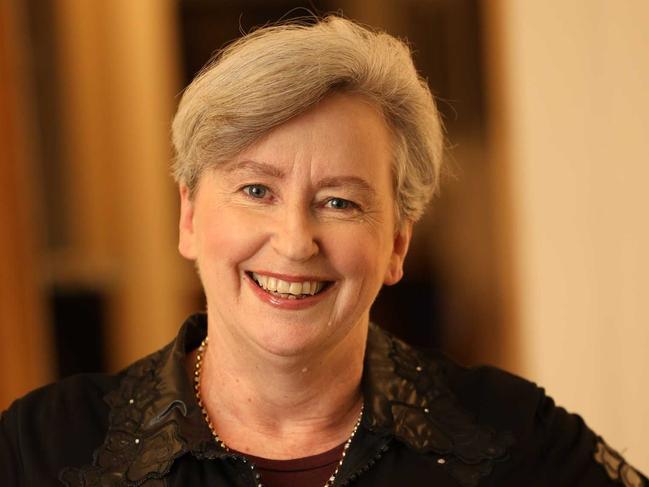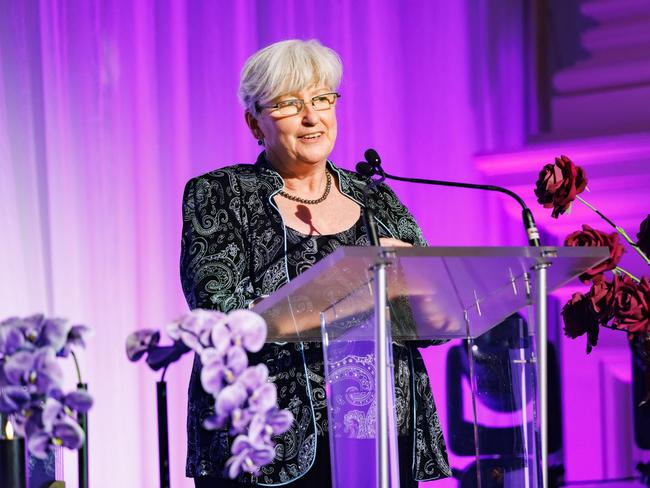Rockhampton’s Dr Jillann Farmer nominated for University of Queensland alumni award
She tackled the Syrian chemical weapons crisis, fought Ebola, and knows what it means for a small community to rely on you — all thanks to what she learned growing up ‘wild’ in regional Queensland.

Community News
Don't miss out on the headlines from Community News. Followed categories will be added to My News.
A Rockhampton-raised doctor who rose to the highest positions of the United Nations has shared the story of her early years in regional Queensland after being honoured by her university.
Dr Jillann Farmer was the UN medical director from 2012 to 2020, where she tackled the Ebola outbreak, Syrian chemical weapons crisis and the COVID-19 pandemic.
She was also the first civilian invited to join the NATO committee of Surgeons General, and worked as Deputy Director General of Queensland Health.
She has now been awarded the University of Queensland Vice-Chancellor’s Alumni Excellence Award.
But Dr Farmer attributes some of that high flying career to her early years in and around Rockhampton.
“I started Grade 1 in Yeppoon and then we moved up to Rocky by my third term of Grade 1…I was in the last cohort of Year 12 students to graduate from The Range when it was still operating.”
“Rocky was a great place to grow up — we grew up wild. Every day, I was cycling 25 kilometres.”

She said that working in isolated settings gave her an understanding of the stress of doctors in developing countries.
“There’s a particular clench you get in your gut for anybody who has done a high stress job when the buck stops with you, and something awful will happen if you don’t rise to the situation…I experienced that pretty early in my career,” Dr Farmer said.
“The experience of growing up regionally and working in some regional and rural locations gave me a really visceral understanding of what it meant to be alone with a critically-ill patient and no clear pathway to get them out.”
Dr Farmer also spoke about the importance of initiatives that allow passionate young medical professionals from regional QLD to pursue higher studies in the city.
“I was the beneficiary of a Queensland Government Rural Scholarship … I almost certainly never would have been able to study medicine without it.”
“Because my family didn’t live in Brisbane, one of the things that I needed was a place to live when I went down to university… I lived at Duchesne College for three years, and to this day Duchesne continues to provide a place for young women from all of the country who need a place to live while they study.
Dr Farmer offered some career advice for any young Central Queenslanders wanting to follow in her footsteps.
“The sky’s the limit. My career has been a combination of dumb luck and taking some risks, and taking some jobs that nobody else wanted.”




